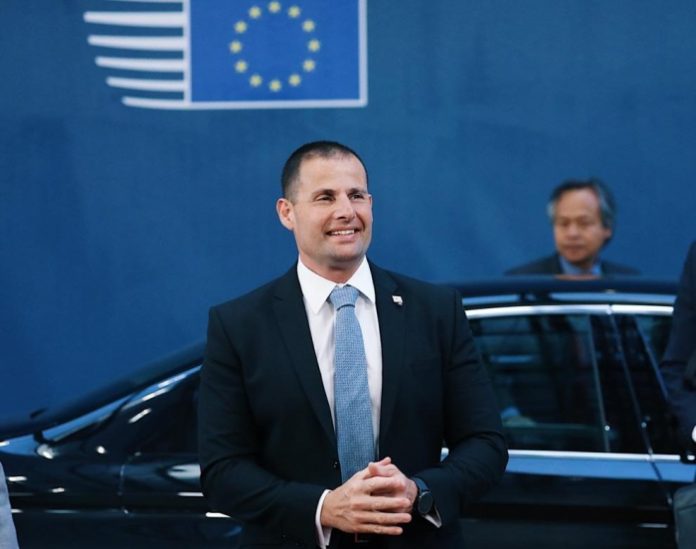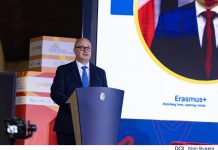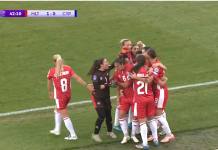Prime Minister Robert Abela took part in a special European Council meeting in Brussels on Monday and Tuesday. European leaders met for talks on the situation in Ukraine and sanctions on Russia, energy, food security and defense, among others.
The discussion on Ukraine began with an intervention by Ukrainian President Volodymyr Zelenskyy, who focused on the humanitarian situation in Ukraine and the assistance needed to rebuild the country’s infrastructure. The EU has made a clear commitment in this regard, and leaders have reiterated their call for a ceasefire and peace. Prime Minister Robert Abela said that we must continue to send a clear signal of support to the Ukrainian people at this difficult time and said that the Maltese Government supports the idea of further discussions on the reconstruction of Ukraine together. with international partners.
Leaders also discussed the sixth package of sanctions and agreed that by the end of 2022 the European Union would have stopped importing 90% of Russian oil. The agreement also includes some temporary exemptions for some countries, such as Bulgaria, Germany, Hungary, Poland and the Czech Republic, which are dependent on Russian oil imported from a pipeline.
Prime Minister Robert Abela reiterated that, “The discussion on the sixth package of sanctions has been a long one. As a country, we have never objected to the Russian oil embargo. Our appeal as a country remains to ensure sustainability for what we do by fully implementing these sanctions packages as a Union. Malta will continue to focus on the connectivity of the Maltese Islands more fully with the European energy infrastructure, so that we can benefit from the full potential of the European market. ”
The European Council also discussed energy, its prices, and the proposal for a long-term plan for the sector presented by the European Commission, called REPowerEU. The aim of this plan is to incentivize and help member states diversify their energy supply. The Prime Minister Robert Abela said that the Maltese Government considers this plan as an interesting one because it includes among others new proposals on how to exploit the potential of energy coming from the sun. He explained that the aim of the Maltese Government remains to keep energy prices stable. He said this is what the government did during the pandemic, when tensions escalated on the Ukrainian border, and what it intends to do.
In addition, Prime Minister Abela explained how this plan also includes the possibility of additional European funding. He said, “The important discussion on this plan is also on the possibility of additional European funding to help us make the necessary transitions. As we have done in the past, we will be pushing for Malta’s fair share. ”
Another discussion on the agenda was on food security, also in view of increasing pressures on the prices of the most basic commodities. Prime Minister Robert Abela said that Malta, as it has already done with the introduction of aid schemes, will be providing more direct aid to farmers through the Common Agricultural Policy (CAP).
“The government is currently in discussions at the technical level on the CAP. Plan submitted after public consultation. Our intention is to continue to support our farmers as we have done with the aid on wheat and the import of raw materials. My message at the European Council meeting was on the need to invest, help and coordinate on the subject with partners beyond the EU’s borders because this is not just a matter of Union or Malta. only. ”
Dr Abela reiterated the Government’s commitment to investing more in the food sector with measures to further protect the sector and provide more training for the country to have more skilled people in this field.
Photo: OPM
https://audiovisual.ec.europa.eu/en/video/I-226187?&lg=INT










